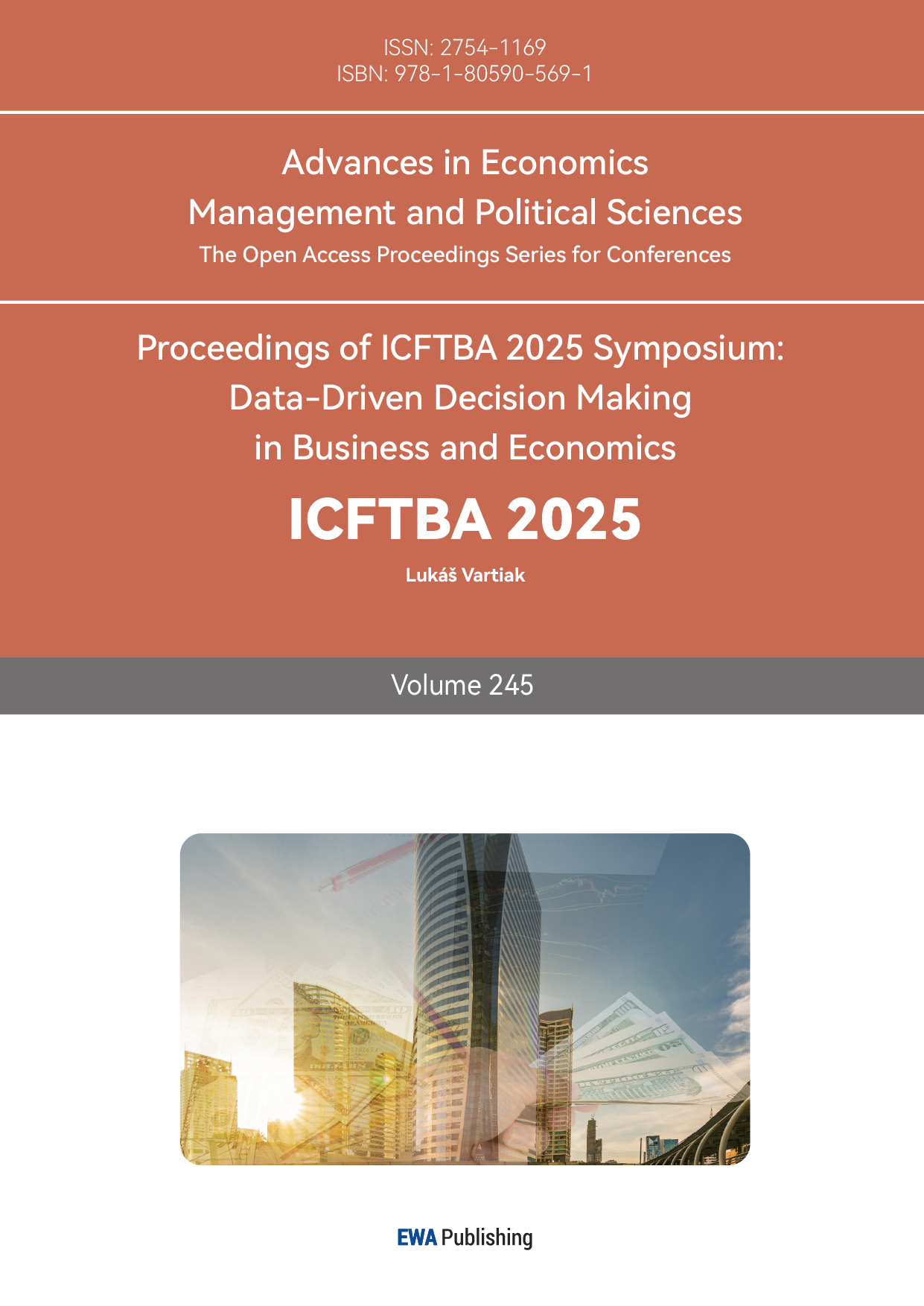References
[1]. OECD. (2023). Pensions at a glance 2023: OECD and G20 indicators. OECD Publishing. https: //doi.org/10.1787/678055dd-en
[2]. Thaler, R. H., & Sunstein, C. R. (2009). Nudge: Improving decisions about health, wealth, and happiness. Penguin Books.
[3]. Simon, H. A. (1957). Models of man: Social and rational. Wiley.
[4]. Tversky, A., & Kahneman, D. (1974). Judgment under uncertainty: Heuristics and biases. Science, 185(4157), 1124–1131.
[5]. Madrian, B. C., & Shea, D. F. (2001). The power of suggestion: Inertia in 401(k) participation and savings behavior. The Quarterly Journal of Economics, 116(4), 1149–1187.
[6]. Cribb, J., & Emmerson, C. (2022). Automatic enrolment and pension saving in the UK. Economica, 89(355), 2053–2078.
[7]. Beshears, J., Choi, J. J., Laibson, D., & Madrian, B. C. (2008). The importance of default options for retirement saving outcomes: Evidence from the United States. In S. J. Kay & T. Sinha (Eds.), Lessons from pension reform in the Americas (pp. 59-87). Oxford University Press.
[8]. Kahneman, D., & Tversky, A. (1979). Prospect theory: An analysis of decision under risk. Econometrica, 47(2), 263–292.
[9]. Gam, J., Huang, K., & Zhao, M. (2021). Loss aversion and retirement savings. Journal of Consumer Research, 48(3), 4237–4255.
[10]. Duflo, E., & Saez, E. (2003). The role of information and social interactions in retirement plan decisions: Evidence from a randomized experiment. The Quarterly Journal of Economics, 118(3), 815–842.
[11]. Dur, R., Fleming, D., van Garderen, M., & van Lent, M. (2021). A social norm nudge to save more: A field experiment at a retail bank. Journal of Public Economics, 200, 104443.
[12]. Brehm, J. W. (1966). A theory of psychological reactance. Academic Press.
[13]. Osman, M. (2020). Psychological reactance and behavioral economics. In M. Altman (Ed.), Behavioral economics for dummies (pp. 215-230). For Dummies.
[14]. Bhargava, S., & Manoli, D. (2015). Psychological frictions and the incomplete take-up of social benefits: Evidence from an IRS field experiment. American Economic Review, 105(11), 3489–3529.
[15]. Bolton, P., Brunnermeier, M. K., & Veldkamp, L. (2020). Leadership, coordination, and corporate culture. The Review of Economic Studies, 87(4), 1735–1776.
[16]. Sunstein, C. R. (2017). Nudges that fail. Behavioural Public Policy, 1(1), 4–25.
[17]. Thunström, L., Nordström, J., Shogren, J. F., Ehmke, M., & van 't Veld, K. (2018). The effect of social norms on residential electricity consumption. Energy Policy, 115, 99-106.
[18]. Chen, Y., Liu, T., & Zhang, L. (2021). Pension reform and behavioral incentives in China. Journal of Aging Studies, 55, 100876.



